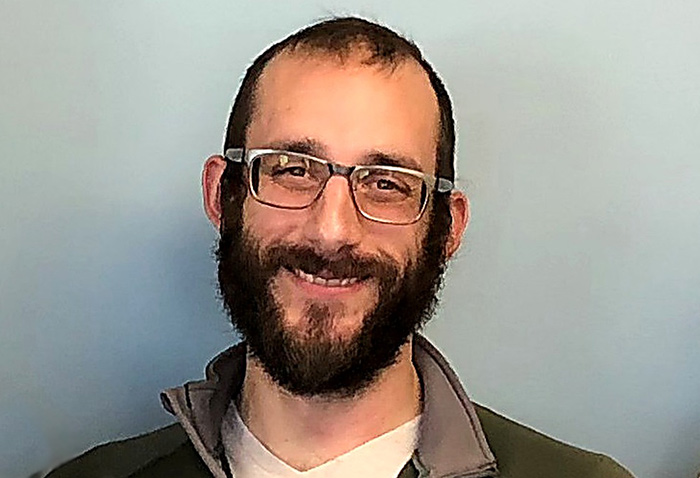COVID speak
By Mellissa Martinez
The restrictions of the last few weeks have given me the opportunity to take long walks around Claremont with my son Felix. With no destination or schedule, we find ourselves discovering unfamiliar areas and covering new topics. About an hour into our walk yesterday, he surprised me with the question: Mommy, what’s a covidiot?
Not knowing, I turned to the only available source on the matter, Urban Dictionary, and discovered that a ‘covidiot’ is someone who has ignored recent warnings regarding public health and safety. It can also define someone who hoards all the goods, keeping them from the rest of us (as in, Did you see that covidiot with the 300 rolls of toilet paper in his basket?).
Not surprisingly, this is not the only recent addition to our lexicon. In just a short period of time, COVID-19 has generated a host of new terms, ranging from official medical terminology to slang. Some people have started referring to the virus as ‘the rona’ and expressions like ‘quarantini,’ ‘virtual happy hour,’ ‘let’s Zoom’ and ‘coronials’ confirm that word-play is indeed a universal coping mechanism.
One major difference between coinages from past pandemics and those from COVID-19 is the speed at which they have been recognized. In the past, even medical terms could take years before being admitted into dictionaries. For example, the expression ‘patient zero’ from the AIDS epidemic, was first used in 1987, but didn’t get official status from Oxford English Dictionary until 2005.
In an unprecedented move last month, Merriam Webster added or revised more than 11 words after only a few weeks of new usage. According to Slate magazine, the dictionary’s original plan was to write a blog post following virus-inspired terms starting in January. By early March, however, they changed course and fast-tracked the official admission, and revision, of several expressions.
According to the publisher, the decision to forgo standard protocol was inspired largely by an extraordinary abundance of failed internet searches for ‘Covid,’ ‘COVID-19,’ ‘social distancing,’ and ‘self-quarantine.’ Next month Merriam Webster is expected to consider ‘epidemic curve,’ ‘spike protein’ and ‘forehead thermometer,’ among others.
The name COVID-19, comes from an abbreviation of the longer name Novel Coronavirus Disease 2019. Arguably, the most pervasive new phrase from the pandemic is ‘social distancing,’ which has actually existed since 1824 as a sociological category. Up until now, it referred to the degree of one’s acceptance or rejection in interactions between people from different social groups. The new definition—eerily familiar to us all—is the avoidance of close contact with other people during the outbreak of a contagious disease in order to minimize exposure.
Some of us find it more difficult to practice social distancing than others. In fact, many have suggested that the psychological implications of the term are too severe and that we should change the name to ‘physical distancing’ to ease the pain for extroverts. Even the World Health Organization is on board, reminding us that in order to get through this we need to stay connected to our social groups. The idea is that we must maintain social connections with physical space. We should pray, share, socialize, laugh and love together—from a distance.
The fear that we feel today comes largely from our uncertainty of what’s to come. We find ourselves, in many ways, commiserating with our ancestors who struggled to survive during pandemics with little information.
When unexplained diseases struck the Romans, they believed that energy from the stars was ‘influencing’ the character of men causing sickness—it was this ‘influence’ of the stars and atmosphere, which led to our modern word for flu, influenza.
I struggle to find a silver lining to our current situation, and am unable to come up with a poignant joke, but I do believe that words can help. They can lift us up and make us chuckle when nothing else feels funny. So, in attempt to leave readers with a smile on their faces, I will steal from the professionals, who have added some levity to my personal quarantine.
Jimmy Kimmel recently announced from his home broadcast, “this week I learned I that I have two children,” and Jimmy Fallon cited a poll stating that men were less likely to follow social distancing rules than women meaning that “a year from now the only people on earth will be 4 billion women and Dr. Fauci.”
Wishing all of my readers peace, health, and only the most positive of astral influences.







0 Comments